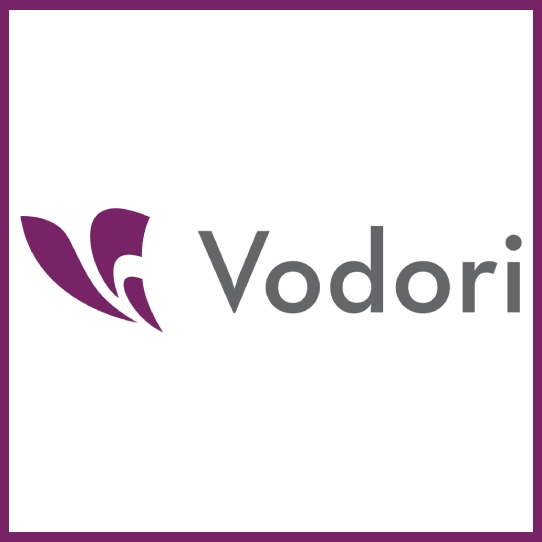Revolutionize MLR Team Dynamics with Strategic Meetings and Office Hours
As the professional landscape continues to evolve with the integration of new technologies and methodologies, the emphasis on effective collaboration within Medical, Legal, and Regulatory (MLR) review teams has never been more critical. In an era where team dynamics are frequently reshaped by technological advancements and organizational recalibrations, understanding how to maintain and improve collaboration during these times of change is paramount. With MLR teams at the heart of promotional material review processes, their ability to adapt and thrive amid change can significantly impact organizational efficiency and output quality.
This raises the pivotal question: How can MLR teams enhance collaboration during periods of transition and recalibration?
Welcome to “Amend and Progress,” hosted by Annalise Ludtke, featuring Lauren Walker, Senior Manager of Customer Success at Vodori. This episode dives deep into collaboration best practices for promotional review teams, particularly focusing on navigating changes within MLR teams. Lauren, with her extensive experience in customer consultation and process optimization, shares her insights into making MLR processes more effective through strategic collaboration.
Key discussion points from the episode include:
- The importance of incorporating the human element in MLR processes to enhance team collaboration and output.
- Trends in team recalibration for 2024, including goal setting and the introduction of more interactive elements like weekly office hours.
- Best practices for improving collaboration within MLR teams, including getting to know team members beyond their professional roles to foster a stronger working relationship.
Lauren Walker brings a wealth of knowledge to the table, drawing from her background in customer success and her role in advising organizations on optimizing their MLR processes. Her insights are informed by both her academic background and her industry accolades, making her a valuable guest on this episode of “Amend and Progress.”




